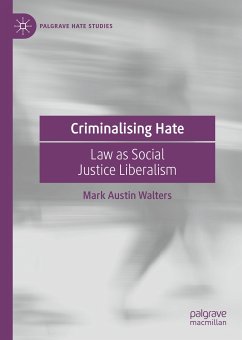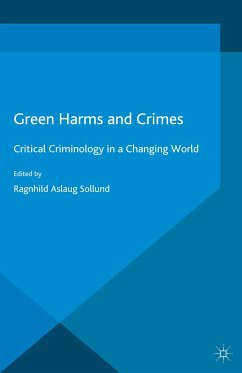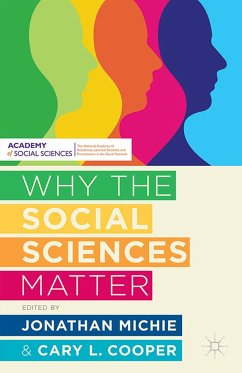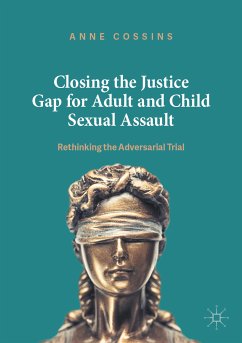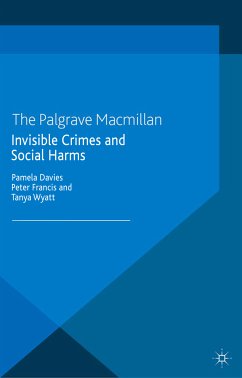
Invisible Crimes and Social Harms (eBook, PDF)
Versandkostenfrei!
Sofort per Download lieferbar
72,95 €
inkl. MwSt.
Weitere Ausgaben:

PAYBACK Punkte
36 °P sammeln!
This unique collection explores the continuing invisibility of much crime and victimization, and the lack of adequate responses to them. Shaping the lens through which criminology and victimology is approached in the twenty-first century, the volume examines major issues including (in)justice, risks, rights, regulation and enforcement.
Dieser Download kann aus rechtlichen Gründen nur mit Rechnungsadresse in A, B, BG, CY, CZ, D, DK, EW, E, FIN, F, GR, HR, H, IRL, I, LT, L, LR, M, NL, PL, P, R, S, SLO, SK ausgeliefert werden.



